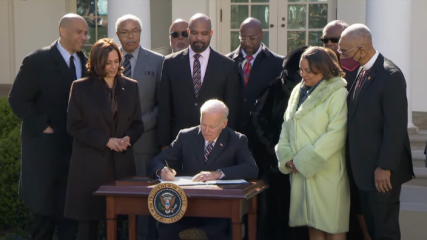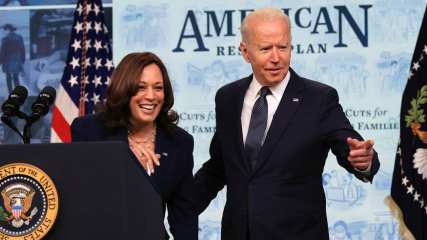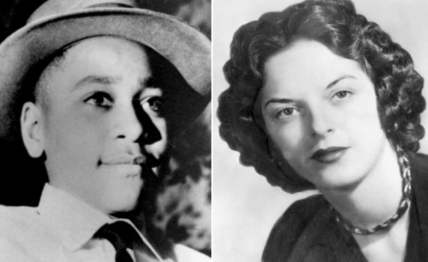Congressman Bobby Rush on retirement after 30 years: ‘I have been blessed’
In a sit-down interview ahead of his departure from Washington, Rush reflects on his political career and activism rooted in the civil rights movement and the Black Panther Party.
Few politicians can leave office and return to civilian life with the kind of beloved status and pedigree of outgoing U.S. Rep. Bobby L. Rush (D-Ill).
“I have been blessed to represent the 1st Congressional District,” Congressman Rush said during a sit-down interview with theGrio on his decision to step down from his seat–which includes much of the South Side of Chicago–that he’s held for the last 30 years.
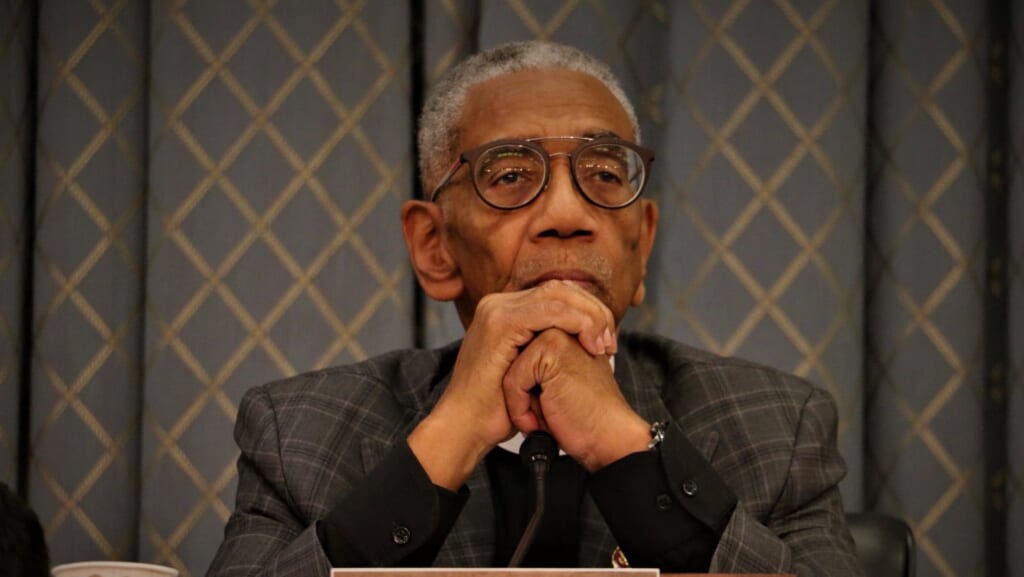
Rush, 75, gave theGrio the secret as to why he is so admired by many, from the communities of his district to the halls of Congress. The activist, minister, and politician emphasized that his life of service has always been about “love” for the Black community and doing whatever it took to advance its socioeconomic and political progress.
Chicago Mayor Lori E. Lightfoot celebrated Congressman Bobby Rush and his upcoming retirement saying, “From fighting for civil rights throughout the ‘60s as an activist to advancing equity and inclusion throughout the country as a U.S. representative, Congressman Rush has worked tirelessly for several decades to improve the quality of life for Chicagoans and other Illinoisans.”
Lightfoot added that the nation and the world have benefited from Rush and his activism that morphed into political prowess.
Rush told theGrio that while he takes great pride in his legislative work as a U.S. congressman, it was the social activism of the 1960s that put a spark in him. “My first love is what I started out in, in terms of my public pursuit, and that was in the civil rights movement,” he explained.
The elder Illinois statesman began his life of service in the United States Army in 1963. He served honorably until 1968.
Yet, Rush’s early mark on history came through his activism. Rush and his moves to effectuate change began with the Student Nonviolent Coordinating Committee (SNCC).
“The Student Nonviolent Coordinating Committee is actually where I first started out, then the new Black Panther Party, where I worked and co-founded the Illinois chapter … and recruited Fred Hampton,” Rush recalled.
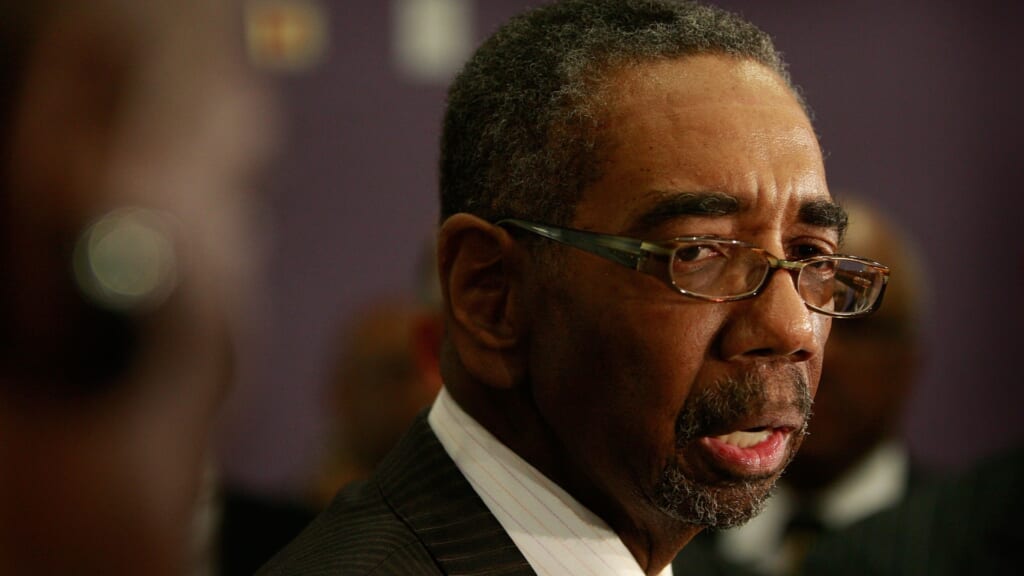
In Illinois, Bobby Rush, along with Fred Hampton, worked on the Panthers’ ten-point plan, which became a national blueprint to feed children via a breakfast food program–its success ultimately playing a role in pushing the federal government to expand its own such program in schools across the nation. Rush also worked with the Panther Party to create health clinics, to which he is credited with the formation of a free medical clinic in Chicago.
The push for better resources in Black and underserved communities led Rush to the arena of politics. He took what he knew and fought for all the way to City Hall. He was elected alderman of the 2nd ward in Chicago in 1983, and he continued to serve as an alderman until 1992 when he was elected to the U.S. House of Representatives.
In 2000, the then well-seasoned activist turned politician faced a now well-known Democratic opponent by the name of Barack Obama. Back then, Obama was a young fresh-faced Illinois state senator. It was Obama’s first and failed attempt at federal office. Bobby Rush has the distinction of being the only man who ever beat Barack Obama in an election. In that contest, Rush received 62% of the vote while Obama received 31 percent. As Obama put it after the defeat, he had “my rear end handed to me.”
Needless to say, the now former President Obama went on to do well in his political career.
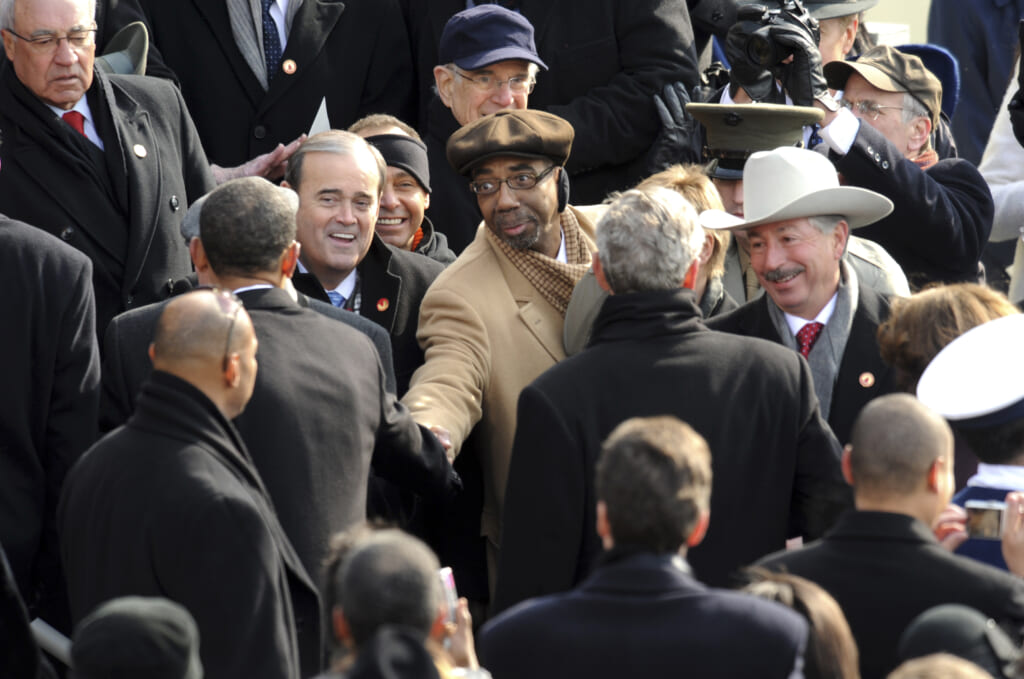
With the mounting accolades as a lawmaker and leader, Rush is leaving his congressional seat at the end of this term on Jan. 4, 2023. His plan after retirement is to serve, yet again– but this time to pastor his congregation full time, he told theGrio. “I have pastored for the last 20 years [at] the Beloved Community Christian Church of God in Christ.”
Rush’s decades of unmatched professional and personal work give him a rare vantage point to speak to what he believes are the solutions to the perpetual problems of race in America, from voting rights to policing and everything in between. The United States, Rush said, should own up to its “sin of slavery,” adding, “racism is in the lifeblood of this nation.” He lamented how Black Americans continue to struggle to exist as “equal citizens in this nation” both legally and economically.
U.S. House Whip James Clyburn, the highest-ranking Black man in Washington, told theGrio of Rush’s retirement, “I will miss working alongside Congressman Rush in Congress and wish him all the best in this next chapter.”
In Congress, Rush served on the subcommittees on Telecommunications, Trade and Consumer Protections, and Energy and Power, as well as on the House Committee on Commerce. During his term, Rush also served as a member of the U.S. delegation of the North Atlantic Assembly.
Clyburn praised the Chicago congressman for “his life’s work,” which he said was always “rooted in his deep faith.”
Both Black activists turned politicians, Clyburn and Rush were classmates in Congress in 1993 and have worked together closely since.
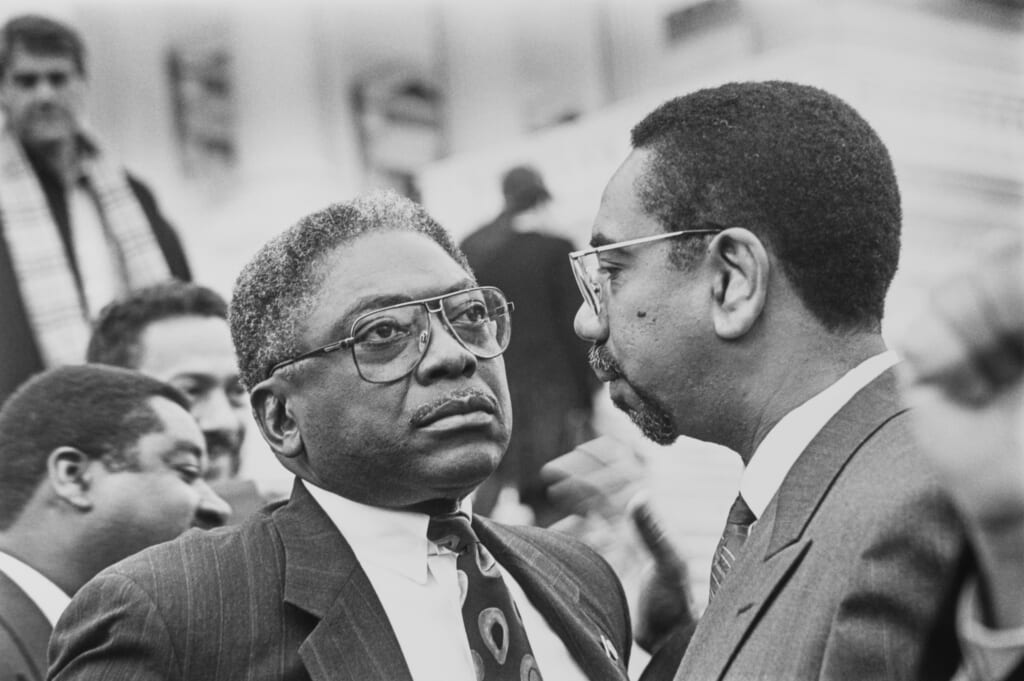
Clyburn told theGrio, that Rush “is a committed advocate who worked tirelessly, addressing the needs of his constituents and all Americans.” He added that Rush has an “unyielding fight for social justice, equality, affordable health care and human and civil rights” that he said extends beyond Illinois’ 1st Congressional District.
In 2012, a defiant Congressman Rush was escorted off the House floor after being accused of violating a House rule on attire. The lawmaker was sporting a gray hoodie during a floor speech in response to the vigilante fatal shooting of 17-year-old Trayvon Martin. Rush took to the House floor and spoke out against the slaying of Martin as an “American tragedy that too often is repeated in the streets of our nation.”
“Just because you wear a hoodie, doesn’t make you a hoodlum,” declared Rush, who donned the hoodie over his suit and tie and underneath his suit jacket. “The real hoodlums in this nation [are the ones] who wear quasi-official clothes.”
Bobby Rush has been a witness to history as both an activist and legislator, including being present during the recent historic confirmation hearings for Supreme Court Justice Ketanji Brown Jackson.
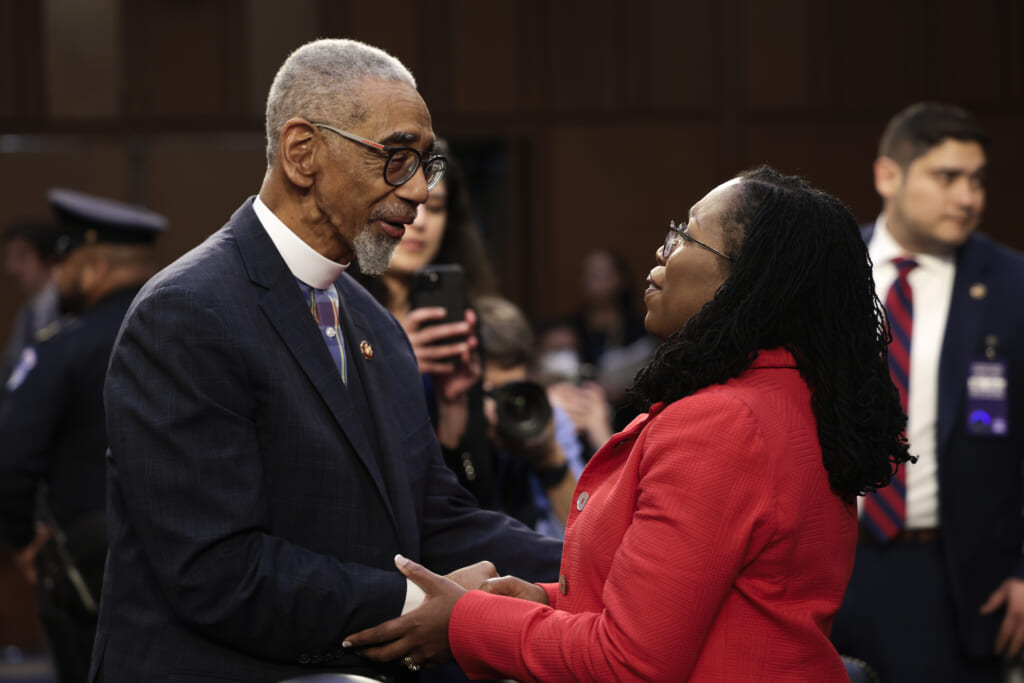
The outgoing congressman was seen marking the moment by greeting Jackson during the racially-charged hearing, where Republican senators demeaned the highly-educated and accomplished judge. Rush was seen on television speaking life into her spirit during the breaks as she was visibly upset from some of the exchanges during her hearings to become the nation’s first Black woman justice.
Rush was also instrumental in sponsoring the Emmett Till Antilynching law that was signed by President Joe Biden earlier this year. It is the first time that the nation enacted an anti-lynching law on the legal books. The U.S. representative from Chicago championed the bill’s advancement in Congress, including working on the writing of the legislation named after Till, a 14-year-old Chicago boy killed in the summer of 1955 in Money, Mississippi after being falsely accused of harassing a white woman.
In January, Rush will leave Washington and permanently return home to a town he has called home since he was 7 years old. He told theGrio that he is looking forward to shepherding his church–this time without the demands of Congress. He wouldn’t have it any other way.
“It’s a calling,” he said. “Some of us have this calling on our lives, some of us have this vision. The Bible says that without vision the people put off restraint.”
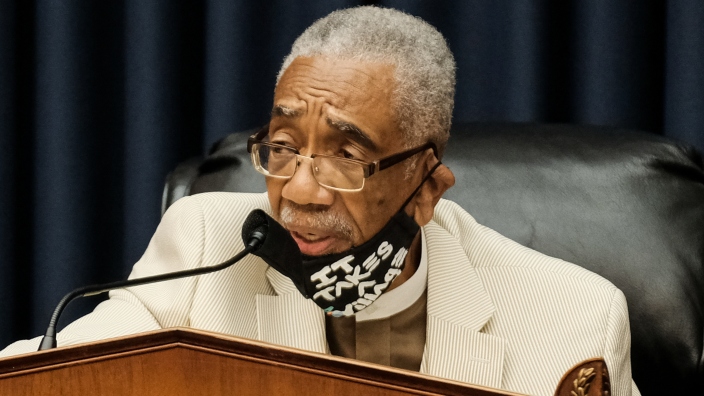
He added, “Everybody’s doing their own thing. You gotta have the vision of a better community, of a better way of life and also of better people.”
Congressman Rush said that in order to make people “better,” one has to “change hearts and minds”–a job he’s willing to take on.
“We are worthy to have the best life that God has created for us,” he said. “So there’s a lot of work that we got to do on the retail level … not just at the wholesale level.”
TheGrio is FREE on your TV via Apple TV, Amazon Fire, Roku and Android TV. Also, please download theGrio mobile apps today!
